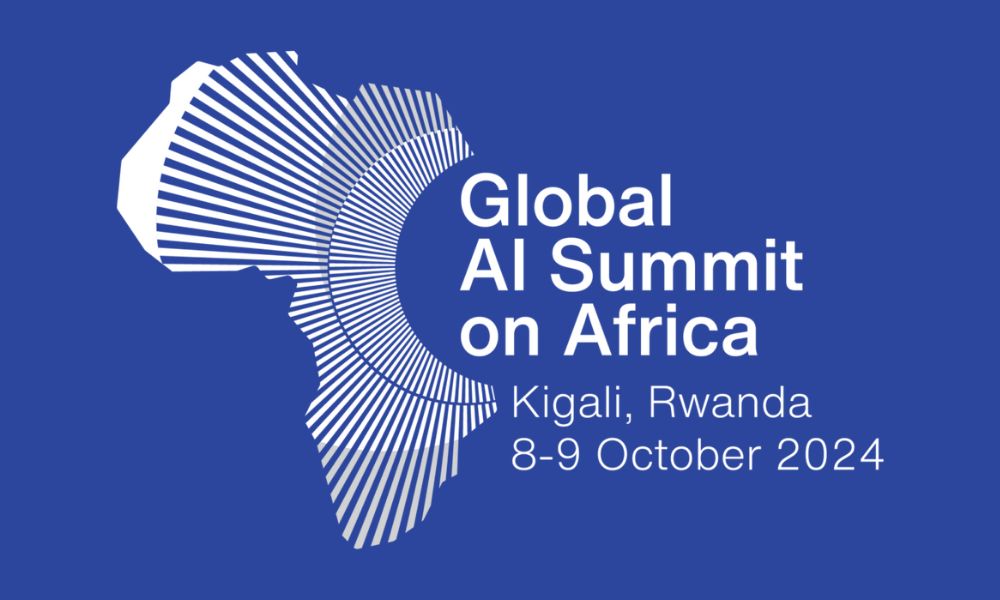Paula Ingabire, Rwanda’s Minister of ICT and Innovation, has declared Africa’s first high-level summit on Artificial Intelligence (AI). This historic occasion will be held in Kigali, Rwanda, from October 8 to October 9, 2024, and hosted by the Centre for the Fourth Industrial Revolution Rwanda (C4IR Rwanda) in association with the World Economic Forum (WEF).
Prominent industry and government representatives, as well as specialists from academia and civil society, will attend the summit to discuss how artificial intelligence will impact Africa’s future.
Read also: IYD 2024: SMILE’s youth leadership summit sparks new mindset for African innovation
Aims of the AI summit
With Africa’s fastest-growing workforce in the world, the summit’s subject, “AI and Africa’s Demographic Dividend: Reimagining Economic Opportunities for Africa’s Workforce,” emphasises the importance of taking advantage of both the demographic dividend and the economic potential of AI.
To create an Africa AI strategy that would accelerate economic prospects and empower the continent’s workforce, the summit will tackle critical issues like inclusion and access while identifying shared risks, opportunities, and obstacles.
The summit was announced during the WEF Annual Meeting in Davos. It is the result of the continued efforts of the AI Governance Alliance (AIGA), an initiative that WEF started last year.
To influence ethical AI development, application, and governance, AIGA brings together influential stakeholders from around the globe. The Africa summit aims to address one of AIGA’s top priorities: guarantee fair distribution and improved access to AI. To this end, thought leaders from economically and geographically under-represented areas will be gathered, as noted in the AIGA briefing papers introduced at the Annual Meeting.
Read also: Mastercard Foundation EdTech Conference emphasises ICT integration in African learning
About C4IR Rwanda
C4IR Rwanda, a 2020-founded centre focused on artificial intelligence and data governance, is one of the 19 centres globally that make up the WEF Centre for the Fourth Industrial Revolution Network.
Building on the Center’s continuing work in AI policy and ethical principles, the Africa Summit is helping Rwanda establish its National AI Policy, which was released last year and is a significant step towards creating a reliable and innovation-friendly AI environment.
C4IR Rwanda, the sole centre in Africa at the moment, also acts as a convener for AI activities in the region. Regarding access and inclusion, it hopes to use the next summit to further knowledge of how AI might meet the particular opportunities and problems faced by African countries.
With the launch of Norrsken Kigali House, Africa’s largest entrepreneurship hub, the hosting of ICLR, the world’s premier conference on deep learning, the establishment of the first BioNTainer as a high-tech manufacturing solution for mRNA medicines, and other notable initiatives, Rwanda is positioned as a leading AI innovation hub for Africa.

